Einaudi Center for International Studies
Information Session: Global Internships
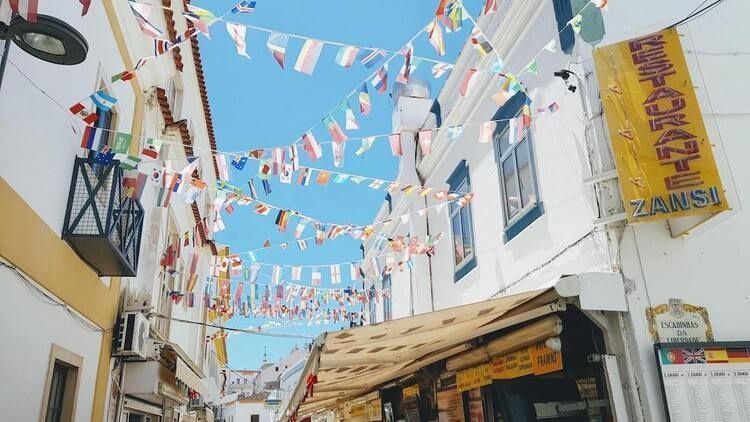
November 3, 2025
1:00 pm
Go global in summer 2026! Global Internships give you valuable international work experience in fields spanning global development, climate and sustainability, international relations, communication, business, governance, and more.
Applications are open now.
Register here. Can’t attend? Contact programs@einaudi.cornell.edu.
***
The Mario Einaudi Center for International Studies hosts info sessions for graduate and for undergraduate students to learn more about funding opportunities, international travel, research, and internships. View the full calendar of fall semester sessions.
Additional Information
Program
Einaudi Center for International Studies
Reppy Institute for Peace and Conflict Studies
East Asia Program
Southeast Asia Program
Latin American and Caribbean Studies
Institute for African Development
Institute for European Studies
South Asia Program
Migrations Program
Southwest Asia and North Africa Program
Language Resource Center Speaker Series - Daniel Kaufman - Current Challenges in Urban Language Revitalization
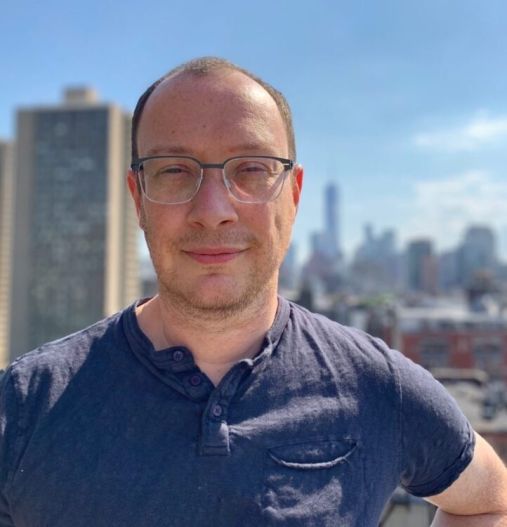
November 14, 2025
12:00 pm
Stimson Hall, G25
"Current Challenges in Urban Language Revitalization"
Daniel Kaufman
Associate Professor of Linguistics, Queens College and the CUNY Graduate Center
In this talk, I discuss the efforts of the Endangered Language Alliance in New York City to document and support several languages of immigrant and indigenous New Yorkers. After a brief overview of the ongoing project, now in its 15th year, to take stock of and map New York City's true linguistic diversity, I focus on two distinct sides in the revitalization of languages in our diaspora setting: one socio-political, and the second, grammatical.
The first challenge is that of creating a space for languages that are not generally heard in public, despite in some cases being spoken by many thousands of people in the city. This is closely tied up with showing younger community members that it is possible to learn their heritage language despite a dearth of materials and resources. The invisibilization of certain languages in the city has been gravely exacerbated by the current political climate, in which immigrants, and especially indigenous migrants from Mexico and Central America, are being forced further into the shadows, as recent enforcement policies have made it amply clear that language and appearance are primary factors in warrantless apprehensions.
To end on a lighter note, the second challenge I discuss relates to teaching highly complex word structure to speakers of English and Spanish, and introduces an online tool that we have developed precisely for this purpose. The tool allows linguists to create a word-building model for any language that translates from a set of basic meanings to a fully formed word while highlighting the function of each affix. This draws inspiration from the "root word method," which has been employed to good effect in the revitalization of Mohawk and other Haudenosaunee languages.
Bio: Daniel Kaufman received a Ph.D. in Linguistics from Cornell in 2010 and prior to that, a B.A. in Linguistics from the University of the Philippines, where he specialized in the Austronesian languages of Island Southeast Asia. He is a founding co-director of the Endangered Language Alliance, a non-profit organization based in New York City, and Associate Professor at Queens College, City University of New York. He has contributed to the understanding of Austronesian language typology and history through a number of publications as well as helping to set a model for language documentation in urban contexts. He is currently involved in computational projects to facilitate the sharing of language documentation materials as well as the formal modeling of phonological, morphological, and syntactic systems.
This event will be held in person in G25 Stimson and will also be streamed live over Zoom (registration required). Join us at the LRC or on Zoom.
The event is free and open to the public.
The event is co-sponsored by the Department of Linguistics.
Additional Information
Program
Einaudi Center for International Studies
Latin American and Caribbean Studies
Io Capitano
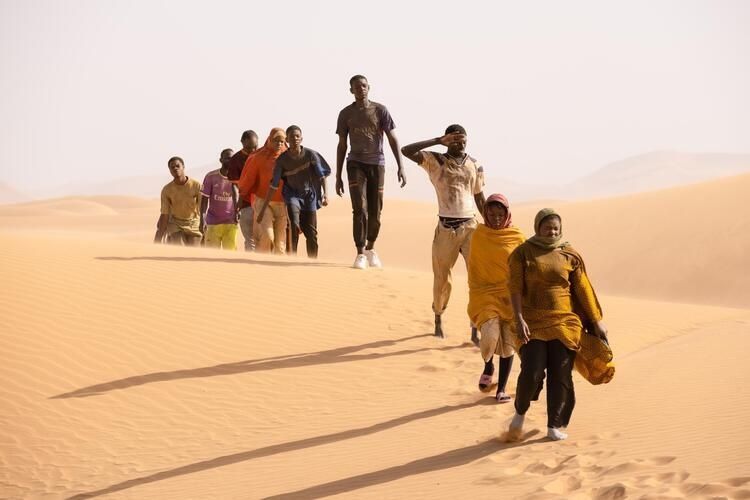
October 29, 2025
6:00 pm
Cornell Cinema
Io Capitano (translated as "I’m the Captain") is a contemporary drama capturing the journey of two young Senegalese men seeking a brighter future in Europe. Between their dreams and reality lies a treacherous journey through a labyrinth of checkpoints, the scorched Saharan desert, a fetid North African prison, and the vast waters of the Mediterranean where thousands have died packed inside vessels barely fit for passage. As they navigate dangerous sea crossings and uncertain borders, the film highlights the courage, desperation, and hope that drive migrants in search of safety and a better life.
Combining intimate storytelling with broader political context, Io Capitano offers a compelling look at modern migration challenges and the human stories behind the headlines.
Following the film, we will be joined by Tristan Ivory (assistant professor, global labor and work) and Gehad Madi (United Nations Special Rapporteur on the human rights of migrants).
Free admission! This event is part of the Migrations Program's film series at Cornell Cinema. Cosponsors include the Institute for African Development and the Institute for European Studies. All all are part of the Mario Einaudi Center for International Studies.
Additional Information
Program
Einaudi Center for International Studies
Institute for African Development
Institute for European Studies
Migrations Program
Is Economics Promoting Inequality?

Kaushik Basu, CRADLE
Mainstream economics has often underestimated the critical role of trust and cooperation in enabling prosperity. As a result, it has justified and even encouraged the greed, exploitation, and extreme inequality that are eroding political accountability, contributing to rising nationalism, and undermining human well-being.
Additional Information
Information Session: Laidlaw Scholars Leadership & Research Program
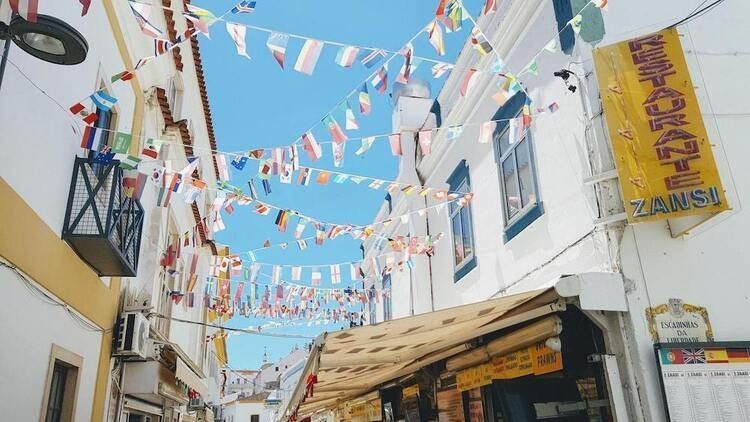
October 29, 2025
5:00 pm
The Laidlaw Scholars Leadership and Research Program promotes ethical leadership and international research around the world—starting with the passionate leaders and learners found on campuses like Cornell. Open to first- and second-year students, the two-year Laidlaw program provides generous support to carry out internationally focused research, develop leadership skills, engage with community projects overseas, and become part of a global network of like-minded scholars from twenty universities worldwide.
At this session, we'll share more information about the program, including Cornell's cohort-based intercultural community-engaged learning summer experience in Ecuador, and tips for writing a successful application. Applications are due January 12, 2026.
Applicants are also strongly encouraged to attend a Q+A webinar about the summer experience in Ecuador. Q+A webinars are scheduled for November 5 and November 6.
Register here. Can’t attend? Contact programs@einaudi.cornell.edu.
***
The Mario Einaudi Center for International Studies hosts info sessions for graduate and for undergraduate students to learn more about funding opportunities, international travel, research, and internships. View the full calendar of fall semester sessions.
Additional Information
Program
Einaudi Center for International Studies
Reppy Institute for Peace and Conflict Studies
East Asia Program
Southeast Asia Program
Latin American and Caribbean Studies
Institute for African Development
Institute for European Studies
South Asia Program
Migrations Program
Film Screening: All Static & Noise
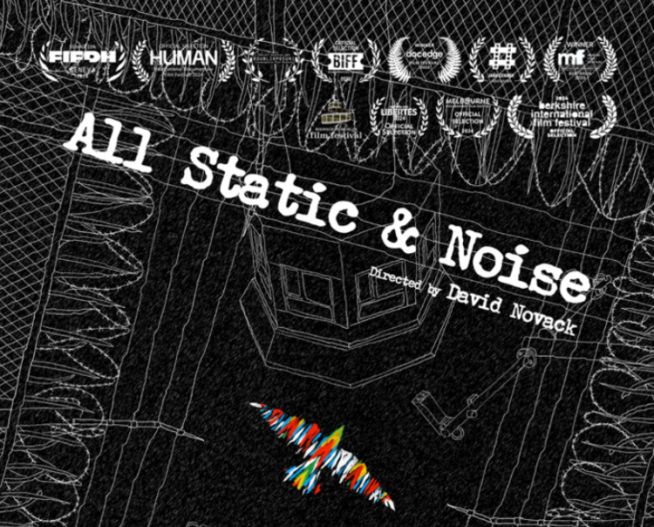
November 11, 2025
7:30 pm
Ives Hall, 115
Screen time:
November 10, 7:30pm in 115 Ives Hall.
Followed by a Q&A with the Associate Producer, Jewher Ilham
Story:
Jewher, a Uyghur teen from China with little English, lands in the U.S. after she is violently separated from her father at the Beijing airport as he is detained. Abduweli, a linguist and poet, imprisoned and tortured for teaching Uyghur language to 6-year-olds, makes his way to Istanbul upon his release. Testimony and action from survivors of China’s network of “re-education camps" and their families, in Turkey, Kazakhstan, Europe and the United States, infuse All Static & Noise with an urgency that exposes the mass brutality of state-sponsored oppression in Western China. Together these voices highlight the moral dilemma between risking the safety of families back home by speaking out and the necessity of exposing atrocities in the hope that global awareness will bring change. With each voice we are brought closer to one of the most egregious human rights disasters of our moment. All Static & Noise honors those willing to speak out and poses difficult questions that are imperatives in our inter-connected global economy of the 21st century.
Director David Novack and Producer Janice Englehart bring together collaborators from around the world in a film, born of tragedy and infused with an inspired sense of hope, that reminds us that in the darkest of times, the human spirit shines brightest in the company of others.
Additional Information
Program
Einaudi Center for International Studies
Reppy Institute for Peace and Conflict Studies
East Asia Program
ICE Detention in NY: Immigrants Held in 'Legal Black Holes' for Days

Jaclyn Kelley-Widmer, Migrations
Jaclyn Kelley-Widmer, professor of law and director of the immigration law and advocacy clinic, and her team work to locate and represent migrants detained in New York’s ICE facilities despite legal and logistical obstacles.
Additional Information
The U.S. Has Stepped in with an Extraordinary Bailout of Argentina. Here's What it Means
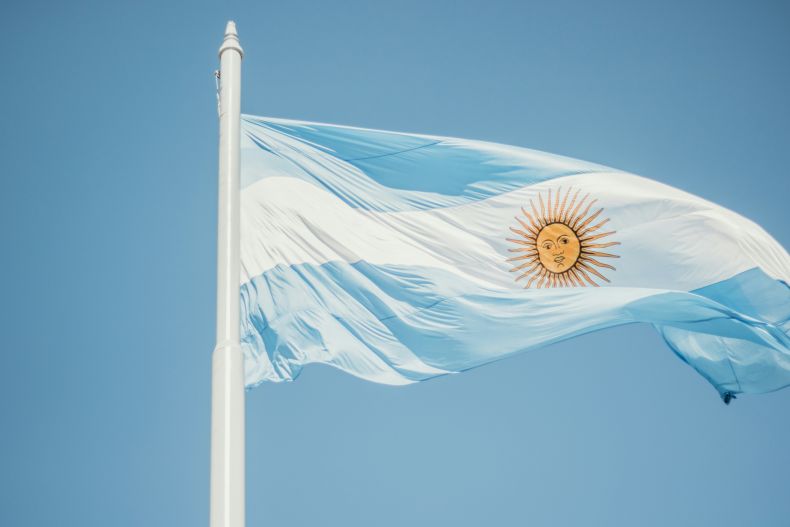
Lourdes Casanova, LACS
Lourdes Casanova, director of the Emerging Markets Institute at Cornell, commented on Argentina's currency challenges and the limited power of reserves against global trading pressures.
Additional Information
Is the Global Economy as Resilient as it Seems?

Eswar Prasad, SAP
Eswar Prasad (SAP) analyzes global economic resilience in the face of President Trump’s tariff war: “Policymakers need to use this period of relative calm to push forward with reforms,” he advises.
Additional Information
Remembering Debra Castillo
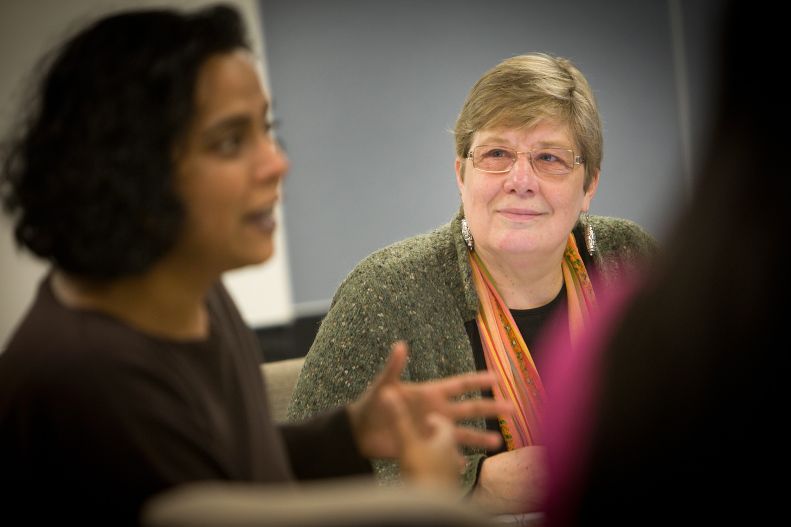
Scholar and Champion of Latinx Students
Debra Castillo (1953–2025) was director of Einaudi's migration studies minor and active in several regional and thematic programs.
